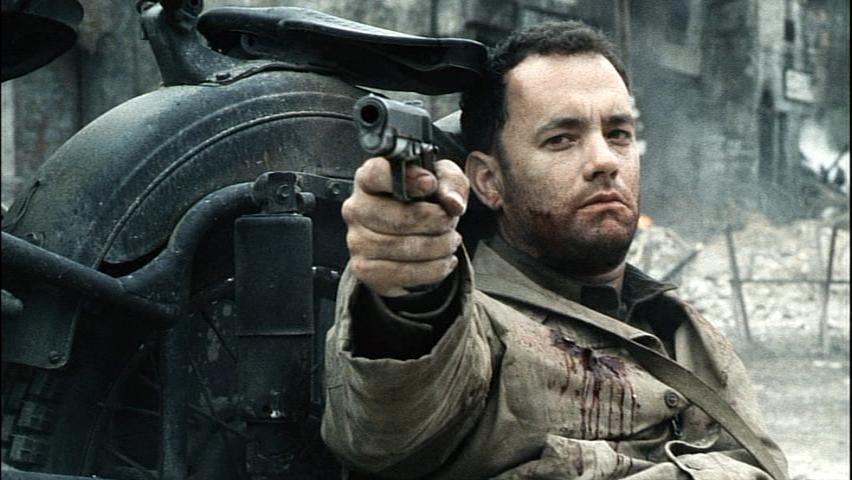
Regardless of popular opinion regarding The Academy Awards, the ceremony is arguably the most prestigious celebration of talent in the cinematic calendar. For the recipients of an Oscar, it is an accolade that remains connected to their work for the remainder of their career.
The top prize of the Oscars is awarded for Best Picture, an award that always stimulates controversy and debate regarding the winner. As it is with the handing out any award, the chosen winner cannot be pleasing to everyone.
However, on occasion, there is an overwhelming consensus that the Academy has, as it is wont to do, awarded Best Picture to a steaming pile of piss simply due to the glow it gave off in the days and weeks leading up to the ceremony, preventing a film that will later prove to be more enduring and influential from being properly recognized as the Best Motion Picture of the year. With this in mind, here are 10 nominees for the Best Picture that lost to utterly forgettable winners.
10. Raging Bull (1980) (Lost to Ordinary People at the 54th Academy Awards)
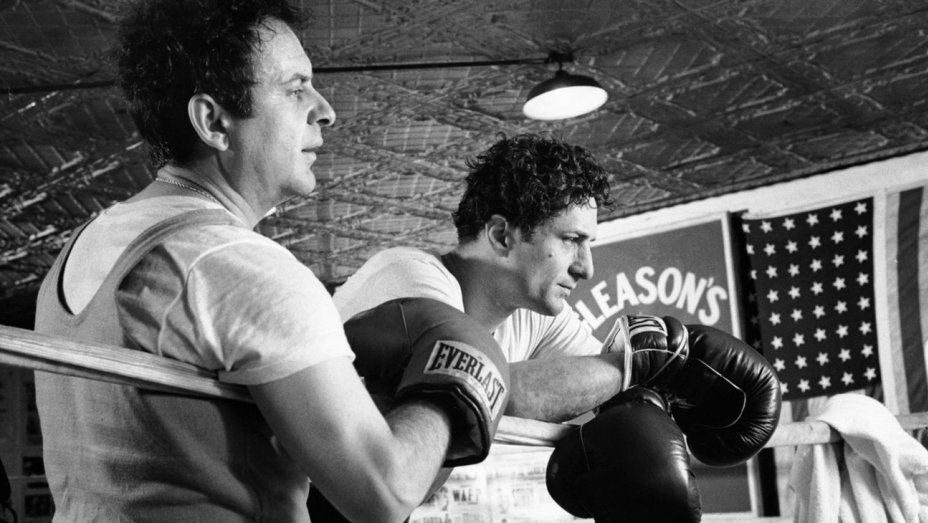
Following the turbulent life of boxer Jake LaMotta, the biopic “Raging Bull” was the fourth collaboration between the infamous acting and directing duo, Robert De Niro and Martin Scorsese.
This was the first film of a new decade together, succeeding their work in the 1970’s on “Mean Streets,” “Taxi Driver,” and “New York, New York.” This was a passion project for De Niro, having read and been fascinated by LaMotta’s memoir, and despite Scorsese’s initial scepticism, the pair went on to produce one of the finest American sports films of all time.
Adapted for the screen by “Taxi Driver” screenwriter Paul Schrader, the film follows the aggressive and self-destructive boxer Jake LaMotta, a man full of demons, pent-up anger, and animalistic instincts, the very traits that led him to success in the ring while torpedoing his personal life with his spouse (played superbly by Cathy Moriarty in her first feature length role).
The modern classic is flawlessly acted by the entire cast and the film is beautifully shot in black and white, only adding to the dark and gritty demeanour of the piece. It is both visually stunning and narratively gripping, and despite its poor box office take due to a lack of advertising and a number of polarising reviews, “Raging Bull” went on to become critically acclaimed. It was nominated in eight categories at the Oscars, including all acting classifications, directing, cinematography, and Best Picture.
Despite Robert De Niro picking up the Best Actor award, the film itself lost to Robert Redford’s drama “Ordinary People,” which circles around the emotional strains on a family following a loss so close to home.
Starring Donald Sutherland and Mary Tyler Moore, “Ordinary People” is an incredibly well-paced and thoughtful drama, full of heart and honesty, yet it lacks the emotional punch that allows great films to endure over the years. Based on Judith Guest’s first novel of the same name, the film falters upon repeat viewings and is far from the unforgettable piece of art it was once considered to be.
“Raging Bull,” by contrast, has been passed on through the generations, adored by many and generally considered to be one of the best and most influential films of its decade. A powerful and expertly executed character study of a flawed sportsman celebrated within the limelight, yet damaged behind closed doors, the film is has stood the test of time in precisely the same way that “Ordinary People” has proven to be, well, just plain ordinary.
9. Apocalypse Now (1979) (Lost to Kramer vs. Kramer at the 52nd Academy Awards)
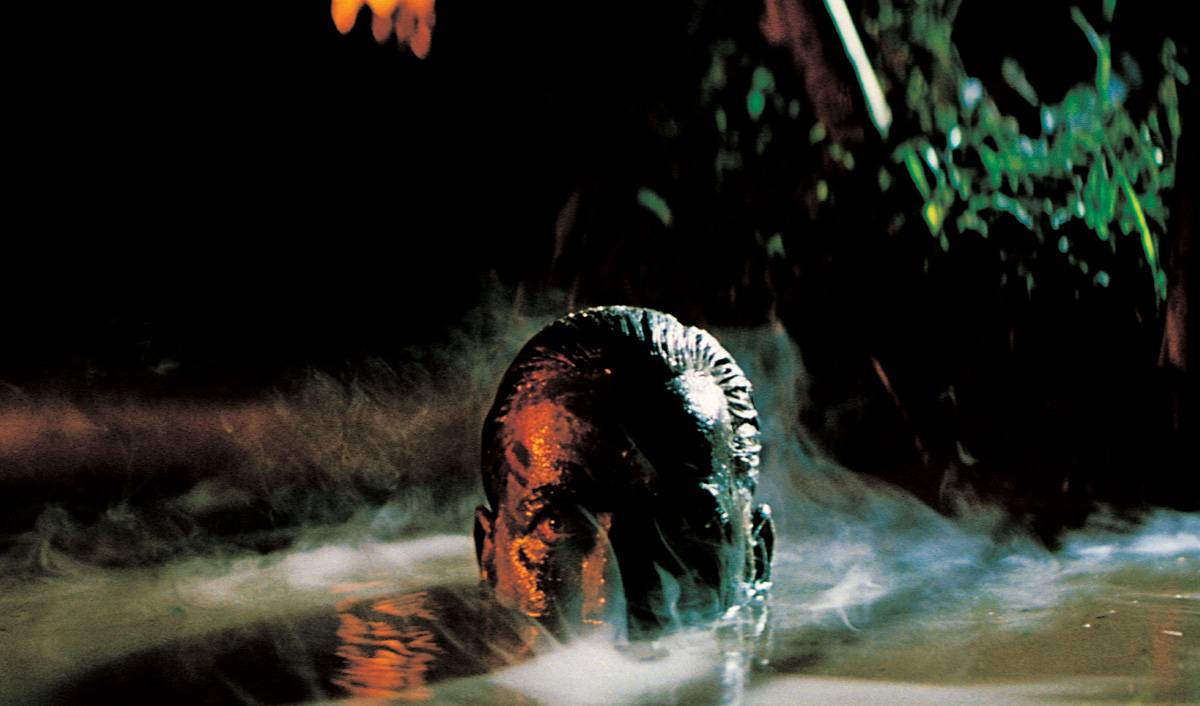
Francis Ford Coppola’s nightmarish Vietnam War epic was a significant and highly relevant piece of cinema upon its release, ambitiously depicting the horrors of the Vietnam War and the distresses it placed upon soldiers who served there. At the core of the film, Martin Sheen’s character, Captain Benjamin L. Willard, is sent on a secret mission deep into the Viet Cong to assassinate the assumed U.S. Army deserter Walter E. Kutz, portrayed by an unsettling Marlon Brando.
Based on Joseph Conrad’s novella “Heart of Darkness,” “Apocalypse Now” is a profoundly troubling story of the inhumane acts of war and what it can do to the sanity of those who witness such events. Cut down from months of recorded footage, Coppola’s chaotic film spirals into madness and can be a difficult watch. Picking up the Palme D’Or, the top prize at Cannes Film Festival, it was critically applauded upon its release, heralded for its relevant themes, and its stunning visuals.
An incredible filming achievement despite the many issues it suffered during production and release, “Apocalypse Now” has remained one of the most adored and cherished war films of all time, and yet it missed out at the 52nd Academy Awards to drama “Kramer vs. Kramer.” A film which depicts the divorce between the title couple, skilfully portrayed by Dustin Hoffman and Meryl Streep, “Kramer vs. Kramer” has little else of note. ‘Kramer vs. Kramer’ is a drama that barely goes beyond what many others have achieved before it.
8. The Shawshank Redemption (1994) (Lost to Forrest Gump at the 67th Academy Awards)
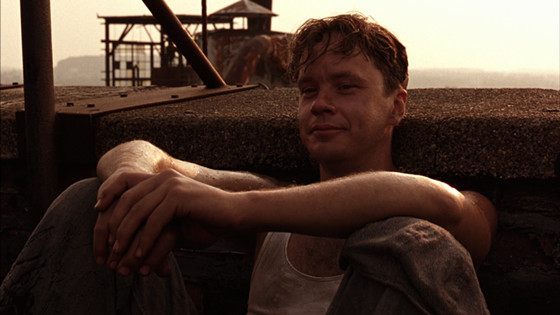
Based on Stephen King’s novella, “Rita Hayworth and Shawshank Redemption,” the film revolves around the prison, Shawshank State Penitentiary. Andy Dufresne, played by Tim Robbins, is a man who found guilty of murdering his unfaithful wife and her lover, and despite his claims of innocence, he is sentenced to life within the titular prison.
Written and directed by Frank Darabont, “The Shawshank Redemption” is an enthralling rollercoaster story depicting Andy Dufresne’s time incarcerated, a film which is ambitiously full of characters and story arcs that are enriched with complexities and depth. A powerful drama that has as many fist pumping high points as it does heart breaking moments throughout, the tale is brought to life by a host of incredible actors all in fine form, including Morgan Freeman as Robbins’ co-lead, Bob Gunton, and William Saddler.
The 67th Academy Awards was occupied by high-calibre competition. Alongside “Shawshank Redemption” was Quentin Tarantino’s crime masterpiece “Pulp Fiction” as well as Robert Zemeckis’ “Forrest Gump,” the film that could claim the Best Picture prize. Very loosely based on Winston Groom’s novel of the same name, “Forrest Gump” is a heartfelt romantic comedy, depicting the slow witted titular character and his time through the 20th century, as he witnesses and influences several key moments within history.
Despite the enjoyable, feel-good nature of ‘Forrest Gump’, and its remarkable technical wizardry and editing achievements still adored today, it did not at the time, and does not today, come close to competing with other films within the Best Picture category. Notwithstanding it being a justified contender in the technical and acting categories, it was severely lacking the profundity or audacities to be considered as the best film of the ceremony when placed against other influential pieces such as “Shawshank Redemption.”
7. My Left Foot (1989) (Lost to Driving Miss Daisy at the 62nd Academy Awards)
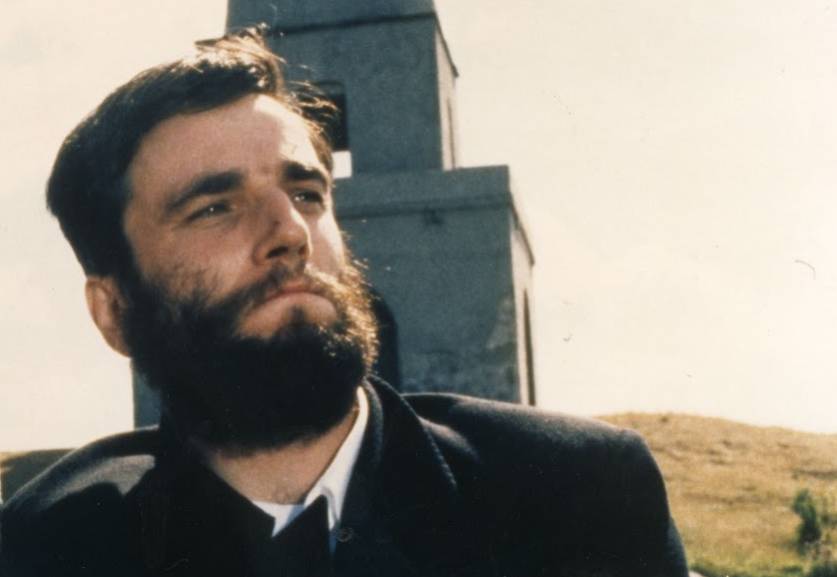
Without question one of the greatest method actors of all time, Daniel Day Lewis prepared for his role as the paralysed Christy Brown by bounding himself in his wheelchair throughout production, refusing to walk, and having crew members carrying him around set and spoon feed him. First time director Jim Sheridan knew that Daniel Day Lewis was the man to portray the Irish writer and sufferer of cerebral palsy, a man only in control of his left foot.
The film in which Daniel Day Lewis picked up his first of many Best Actor achievements at The Academy Awards, “My Left Foot” is an uplifting and inspirational tale of a working-class man who had nothing, and yet went on to become a great writer and artist. Its emotional context is consistently thoughtful and moving. Adapted for the screen by Jim Sheridan and Shane Connaughton, it remains respectful of its source material.
A low-budget piece of cinema which was both sentimental and enthralling throughout, it was beaten to the Best Picture prize by Bruce Beresford’s civil rights-motivated drama-comedy “Driving Miss Daisy,” which involves the perpetually developing relationship between an ageing Jewish widow who gradually begins to accept her African American chauffeur, eventually forming a friendship.
Based on Alfred Uhry’s prize-winning play, it is filled with poignant sentimentalities and interesting themes, wonderfully achieved by its two leads, Morgan Freeman and Jessica Tandy. Yet despite its thoughtful nature and feeling of warmth upon release, it has since become stale over the years, whereas the extraordinary “My Left Foot” is still highly renowned as a beautiful and inspiring character study, proficiently shot by Jim Sheridan and fascinatingly performed by its leading actor.
6. Who’s Afraid of Virginia Woolf? (1966) (Lost to A Man for All Seasons at the 39th Academy Awards)
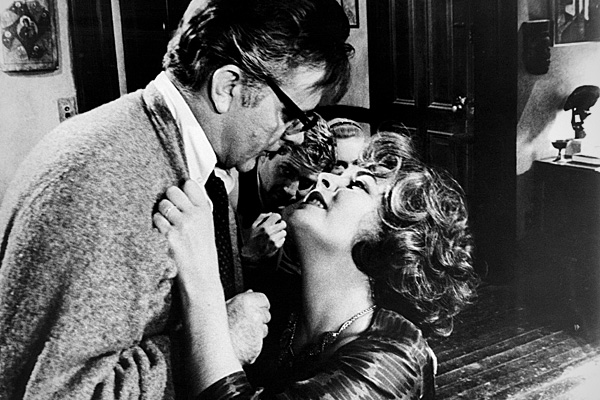
“Who’s Afraid of Virginia Woolf?” depicts a crumbling marriage between Martha, the psychologically tormented wife, and her husband, George, an angry man failing in his career. Both magnificently rendered by Elizabeth Taylor and Richard Burton, who produce incredible chemistry throughout as the warring couple, the characters are fuelled by alcohol and their bitter resentment for one and other.
With a supporting cast including George Segal and Sandy Dennis, it was helmed by Mike Nichols, who at the time of production was a stage director, being brought on board for this black comedy which was adapted for the screen by Ernest Lehman from the play of the same name, originally written by Edward Albee.
“Who’s Afraid of Virginia Woolf?” is one of only two films to be nominated in every single category it was eligible for throughout the history of the Oscars, as well as being the first film to pick up nominations in every Best Acting classification. Although heavily praised by audiences and critics alike, it fell short to another stage adaption, “A Man For All Seasons.”
Directed and produced by Fred Zinnemann, “A Man for All Seasons” was a British biographical drama production, written for the screen by Robert Bolt, who had originally written the play of the same name. The story centres on the tragic hero Sir Thomas More and his refusal to sign a letter to the Pope with the request of annulling the marriage of Henry VIII and Catherine of Aragorn. Incredibly well-acted by Paul Schofield as the King’s chancellor, a man with strong morals who stood up for what he believed in.
Although an adored piece of British cinema, it is one that over the years has not held up against “Who’s Afraid of Virginia Woolf?,” which stands as a monumental point in black comedy history, becoming an influential and ground-breaking film that has been heralded as a huge inspiration by many other directors since its release, a truly flawless film towards the culmination of the black and white era.